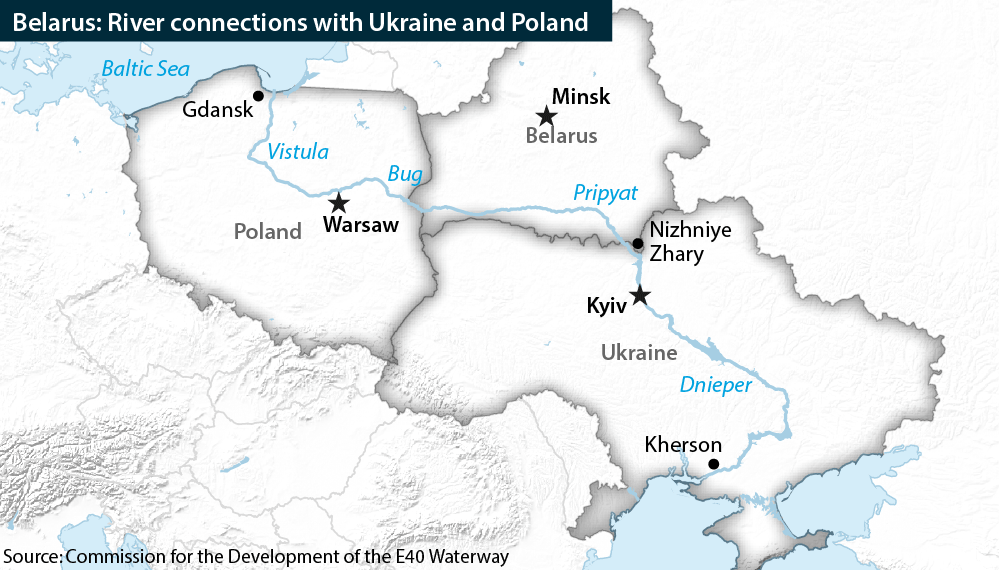On September 1, the Association Agreement between the EU and Ukraine finally entered into force in its entirety.
Ukraine ratified it May 2014 following mass demonstrations in Kyiv’s Maidan square the previous winter, when an impressive cross-section of the population braved months of freezing cold, day and night, to demand an end to the corruption and authoritarian mismanagement that had ravaged the country for 20 years.
They were convinced that their demands could be met only by signing the agreement, with its concrete obligations for Ukraine regarding democracy, the rule of law and human rights, and the considerable support it promised from the EU.
A recent beyondbrics column focused on economic reforms and trade. This piece will discuss the agreement’s obligations regarding democracy and the rule of law, where the outlook is much less rosy.
Following Ukraine’s ratification, the newly elected president, government, and parliament began pushing through long-overdue reforms. A first success was rapid macroeconomic stabilization by significantly decreasing the budget deficit and inflation and stabilizing the exchange rate. After deep recessions in 2014 and 2015, economic growth reached 2.3% in 2016 and could be 2.8% in 2017.
The central bank forcefully restructured the dysfunctional banking sector by liquidating 80 of Ukraine’s 180 banks. Other achievements include ending Ukraine’s 90% dependence on Russian gas, the introduction of market prices for gas, the adoption of an electronic procedure to stop corruption in public procurement, the creation of an independent National Anti-Corruption Bureau (NABU), a serious start to decentralisation and the obligation for politicians and high-level officials to publish their assets online.
Since mid-2016, however, the speed of reforms has slowed notably and can now be said to be stagnating. Reform has hardly begun in crucial areas such as the judiciary, the public prosecutor's office, the powerful secret service and the electoral system.
Without rapid, fundamental reforms here, Ukraine will not secure stable democracy and the rule of law. It will regress to the type of society it was before Maidan, with oligarchs, politicians and public officials dividing up the country’s political and economic pie between them, blocking modernization and keeping Ukrainian citizens poor and unrepresented.
The association agreement obliges Ukraine in unambiguous terms to actively work towards a deep and sustainable democracy, the rule of law and good governance. Such principles are “essential elements” of the agreement, which contains provisions for fighting corruption and for establishing an independent, impartial judiciary.
One striking example are the efforts to undermine the independence of NABU. The authorities now routinely target committed and highly respected civil society organizations, which represent the true wishes of the Ukrainian people, with court cases, criminal proceedings, police searches
, smear campaigns, and the selective withdrawal of citizenship (take the case of Mikheil Saakashvili) [Editor's note: Mikheil Saakashvili the ex-governor of Odesa Oblast and ex-Georgian president, not a representative of civil society organizations. To our knowledge, selective withdrawal of citizenship in Ukraine has been used only as a political tool, not against civil society organizations].
These forces are linked to powerful oligarchs and individuals who dominated pre-Maidan Ukrainian society. With their money and influence, they have been able to maintain clout in Parliament, with the president, and in the courts.
The inaction of Ukraine’s president, government, and parliament, and the campaign against reformers represent serious violations of Ukraine’s obligations in the association agreement.
The agreement gives the EU the right to take “all necessary measures” should it judge that Ukraine has not fulfilled its obligations.
A large majority of Ukrainians aspire to live in a country comparable with those of their western neighbors. It is in the fundamental interest of the EU to have a stable, democratic and prosperous Ukraine on its eastern border.
If Ukraine’s leadership does not comply with its demands, the EU will have no choice but to take effective measures.






